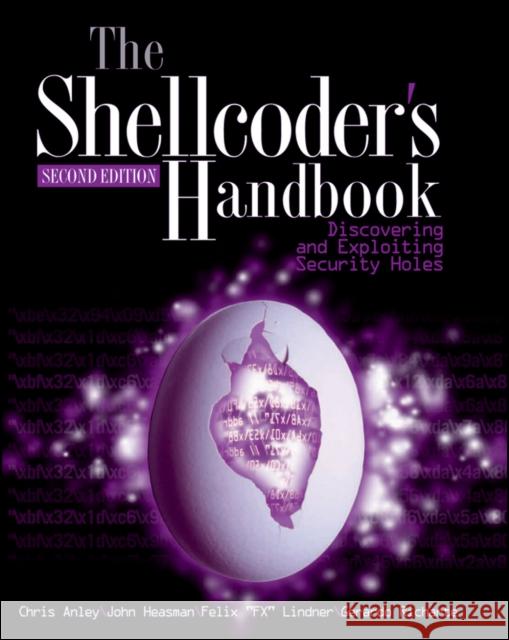The Shellcoder's Handbook: Discovering and Exploiting Security Holes » książka
topmenu
The Shellcoder's Handbook: Discovering and Exploiting Security Holes
ISBN-13: 9780470080238 / Angielski / Miękka / 2007 / 752 str.
- This much-anticipated revision, written by the ultimate group of top security experts in the world, features 40 percent new content on how to find security holes in any operating system or application
- New material addresses the many new exploitation techniques that have been discovered since the first edition, including attacking "unbreakable" software packages such as McAfee's Entercept, Mac OS X, XP, Office 2003, and Vista
- Also features the first-ever published information on exploiting Cisco's IOS, with content that has never before been explored
- The companion Web site features downloadable code files











